If you’re thinking about giving your water heating system a facelift, you’re in the right spot. We’ll dive into gas hot water systems in this article, covering the perks, how they’re installed, the requirements, costs, and upkeep.
Keep reading if you’re sick of those hefty electric bills, worried about the planet, or just seeking a smoother way to get hot water at home. By the time you finish, you’ll be all set to make the right choice for your household. Let’s kick-start your move to a more efficient and budget-friendly hot water setup.
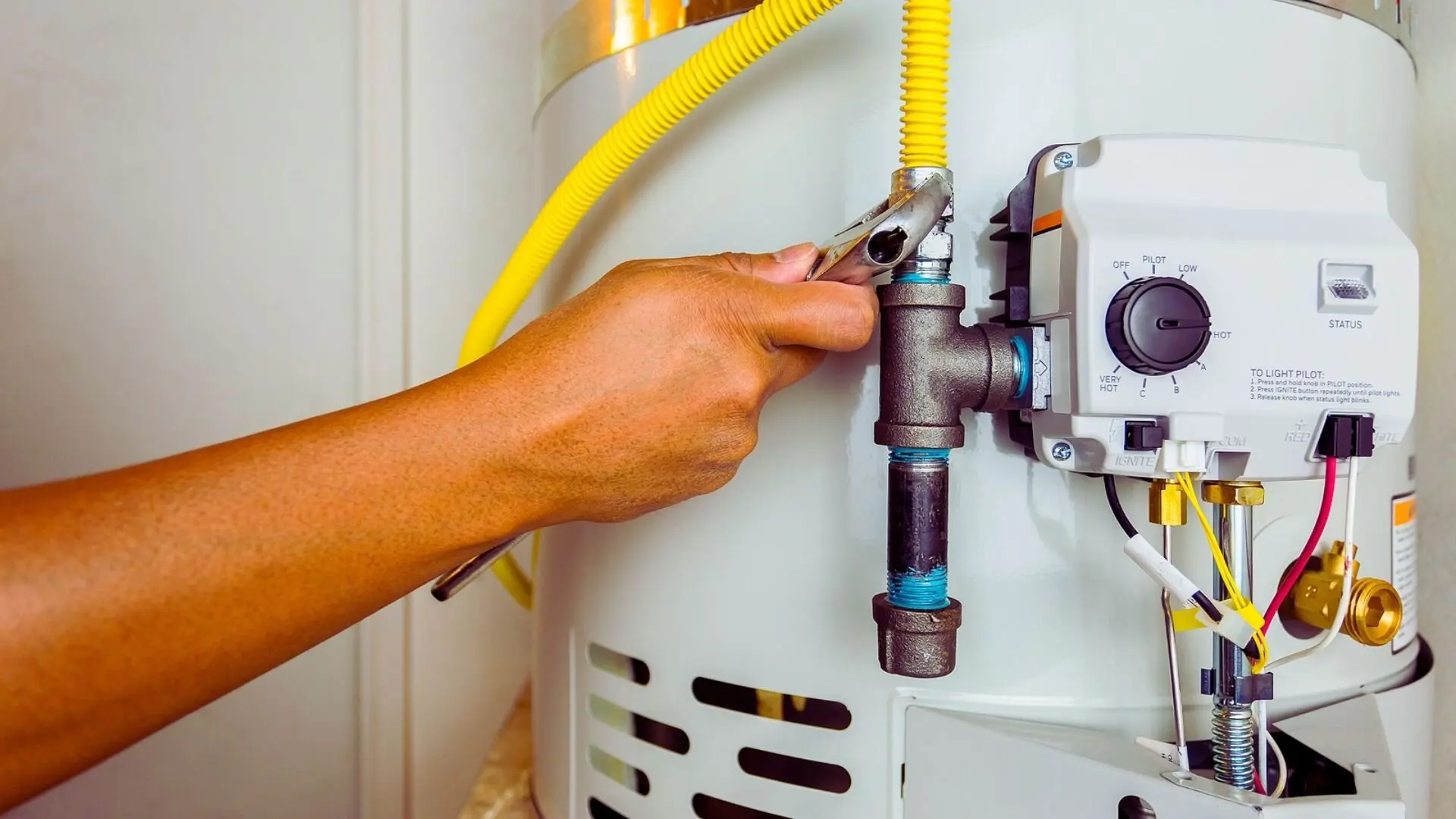
Advantages of Gas Hot Water Systems
Gas hot water systems offer a range of benefits that make them a popular choice for households. This section will explore these advantages in detail to help you understand why many homeowners opt for this efficient water-heating solution.
1. Cost Efficiency
Gas is often more affordable than electricity, making it a budget-friendly water heating option. With rising energy prices, choosing gas can lead to significant savings.
2. Quick and Consistent Hot Water
Gas hot water systems are quick and steady. Unlike electric systems, which can drag their feet getting up to temperature, gas systems make sure you’ve got a consistent supply, even during those busy times when everyone hits the shower.
3. Energy Efficiency
They heat water on demand, which means they only use energy when you need hot water. This can result in lower energy bills and reduced environmental impact.
4. Environmentally Friendly
If you’re environmentally conscious, you’ll appreciate the eco-friendly nature of gas hot water systems. They produce fewer greenhouse gas emissions than some electric counterparts, contributing to a greener future.
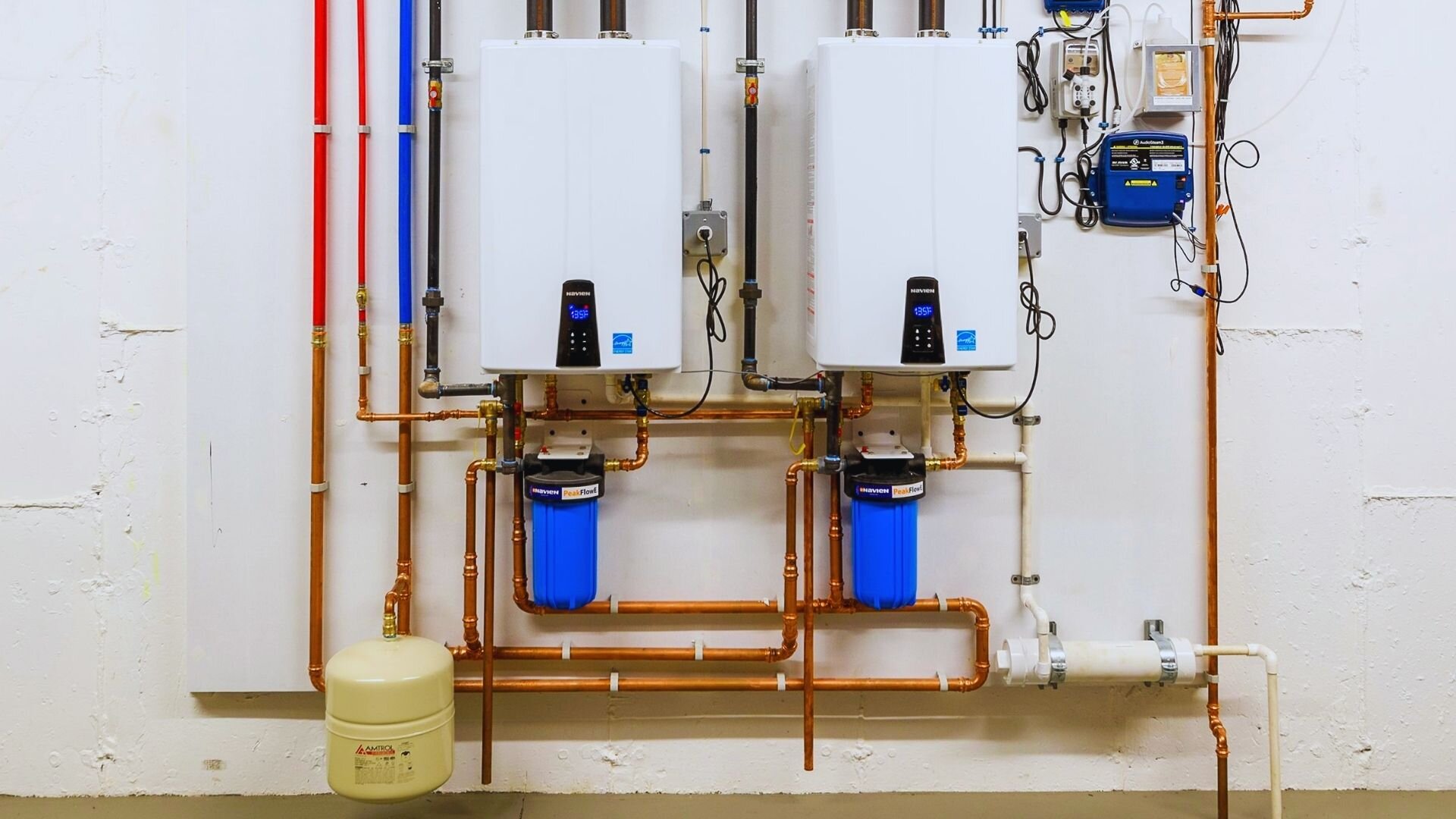
5. Longevity
With proper maintenance, they can have a longer lifespan than many electric systems, providing you with years of reliable service.
6. Temperature Control
Gas systems allow precise temperature control to enjoy hot water at your preferred temperature without fluctuations.
7. Backup During Power Outages
Power outages can occur in Sydney. Gas hot water systems operate independently of the electrical grid, ensuring you have access to hot water even when the power is down.
8. Minimal Space Requirements
Gas hot water systems are often more compact than their electric counterparts, making them suitable for homes with limited space.
Considering these advantages, you can determine if a gas hot water system aligns with your household’s needs and preferences.
Installation Process for Gas Hot Water Systems
Switching to a gas hot water system involves a well-defined installation process. Following these steps carefully is crucial to ensure a safe and efficient transition.
Firstly, consider the location of your gas hot water system. It’s typically installed outdoors but can also be positioned in a well-ventilated indoor space. Ensure there’s adequate space and proper ventilation to accommodate the unit.
Next, you’ll need to connect the gas supply to the system. This requires the expertise of a licensed gas fitter who will assess your existing gas lines, extend them if necessary, and connect them to the water heater.
The water supply pipes also need to be connected to the system. These pipes transport cold water into the unit, where it’s heated and delivered to your taps and fixtures as hot water.
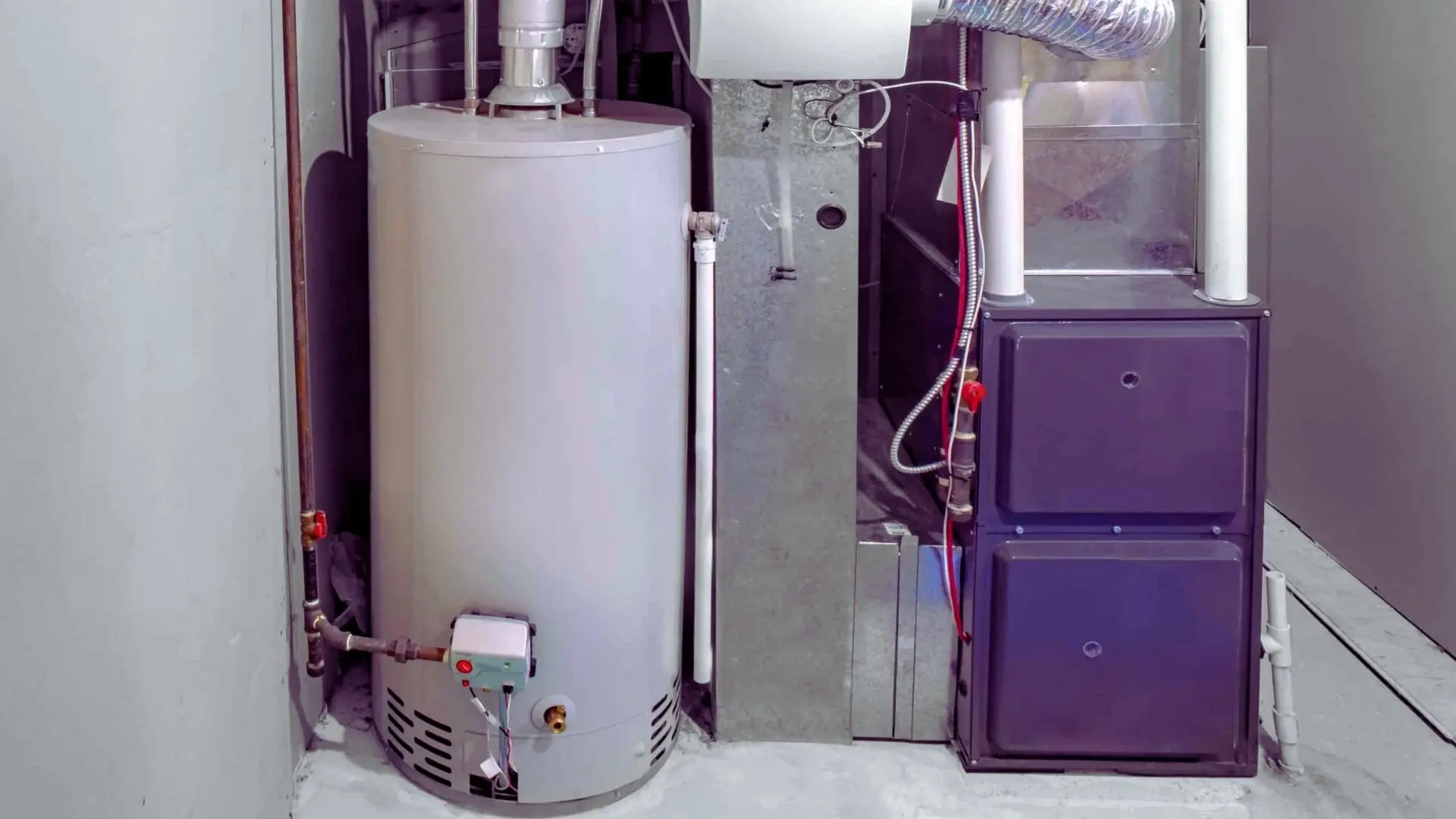
Proper venting is essential to safely expel combustion gases produced during heating. Vent pipes direct these gases outside, preventing any buildup of harmful gases indoors.
Electrical connections are made to power the system’s ignition and control mechanisms. While gas hot water systems primarily rely on gas for heating, they still require electrical components for safe and efficient operation.
Once all connections are in place, the system is thoroughly tested to ensure it operates correctly and safely. This includes checking for gas leaks, verifying proper venting, and confirming that hot water is consistently delivered at the desired temperature.
Notably, licensed professionals with experience in gas hot water systems should only carry out the installation process. Attempting a DIY installation can lead to safety hazards and may not comply with local regulations.
Requirements for Gas Hot Water Installation
Meeting these requirements ensures a smooth transition and compliance with safety standards and local regulations.
First and foremost, you’ll need a reliable and properly sized gas supply line. A licensed gasfitter should connect this line to your gas hot water system. They will assess your existing gas infrastructure and make any necessary adjustments to accommodate the new system. Ensure that your property has an adequate pressurised water supply. The water supply pipes should be connected to the gas hot water system to deliver cold water, which will be heated for your use.
Adequate ventilation is essential for safely operating a gas-hot water system. Properly installed vent pipes will channel combustion gases outside, preventing their accumulation indoors. The design and installation of the venting system must adhere to local building codes.
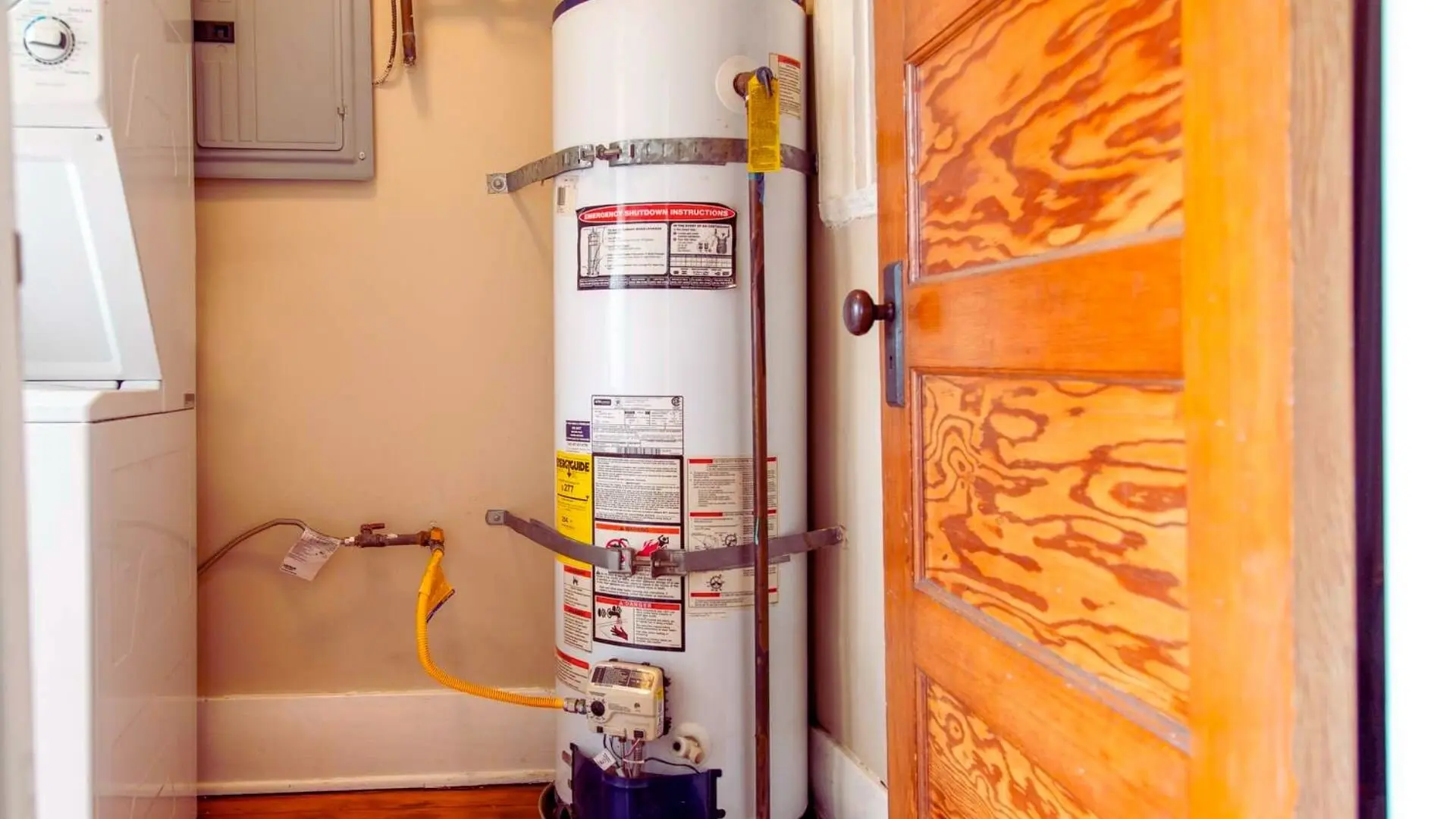
Your gas hot water system will need some electricity to kickstart and control it. Make sure there’s a trusty power source close by for these connections. It’s crucial to have a licensed pro handle this; they’re clued in on the rules and can keep things safe and compliant.
Consider the location of your gas hot water system. While it’s typically installed outdoors, it can also be placed in a well-ventilated indoor space. The chosen location should have proper space, ventilation, and accessibility for maintenance. Gas hot water system installations should only be undertaken by licensed professionals with experience in these systems. Attempting to install it yourself can lead to safety hazards and potential non-compliance and may void warranties.
Gas vs. Electric Hot Water: Pros and Cons
One critical decision you’ll face when choosing a hot water system for your home is whether to opt for a gas or electric system. Each has advantages and drawbacks, so your choice should align with your needs and priorities.
Gas Hot Water Systems:
Pros:
- Energy Efficiency: They heat water on-demand, which means they only consume energy when you need hot water. This efficiency can result in lower energy bills.
- Quick Heating: You won’t have to wait for the water to heat up, ensuring you have hot water whenever you need it.
- Lower Operating Costs: Gas systems often have lower operating costs than their electric counterparts due to their energy efficiency. Over time, this can translate into significant savings.
- Environmentally Friendly: Gas systems produce fewer greenhouse gas emissions than electric ones, making them more eco-friendly.
Cons:
- Higher Initial Cost: Gas hot water systems typically cost more upfront than electric systems. However, the long-term savings can offset this initial investment.
- Ventilation Requirements: Proper ventilation is crucial for gas systems, which may require additional installation costs.
- Limited Placement Options: Gas systems are often installed outdoors or in well-ventilated indoor spaces, limiting placement options.
Electric Hot Water Systems
Pros:
- Lower Initial Cost: Electric hot water systems tend to have a lower initial purchase price than gas systems.
- Simple Installation: Electric systems are generally easier and less costly to install, as they don’t require gas connections or venting.
- Versatile Placement: Electric systems can be installed in various locations, including indoors and in smaller spaces.
Cons:
- Higher Operating Costs: Electric hot water systems are typically less energy-efficient, leading to higher ongoing operating costs.
- Slower Heating: They may take longer to heat water, leading to potential delays in hot water availability.
- Environmental Impact: Electric systems can have a higher environmental impact due to increased energy consumption and greenhouse gas emissions.
Your choice between gas and electric hot water systems will depend on your budget, energy efficiency priorities, and available installation options.
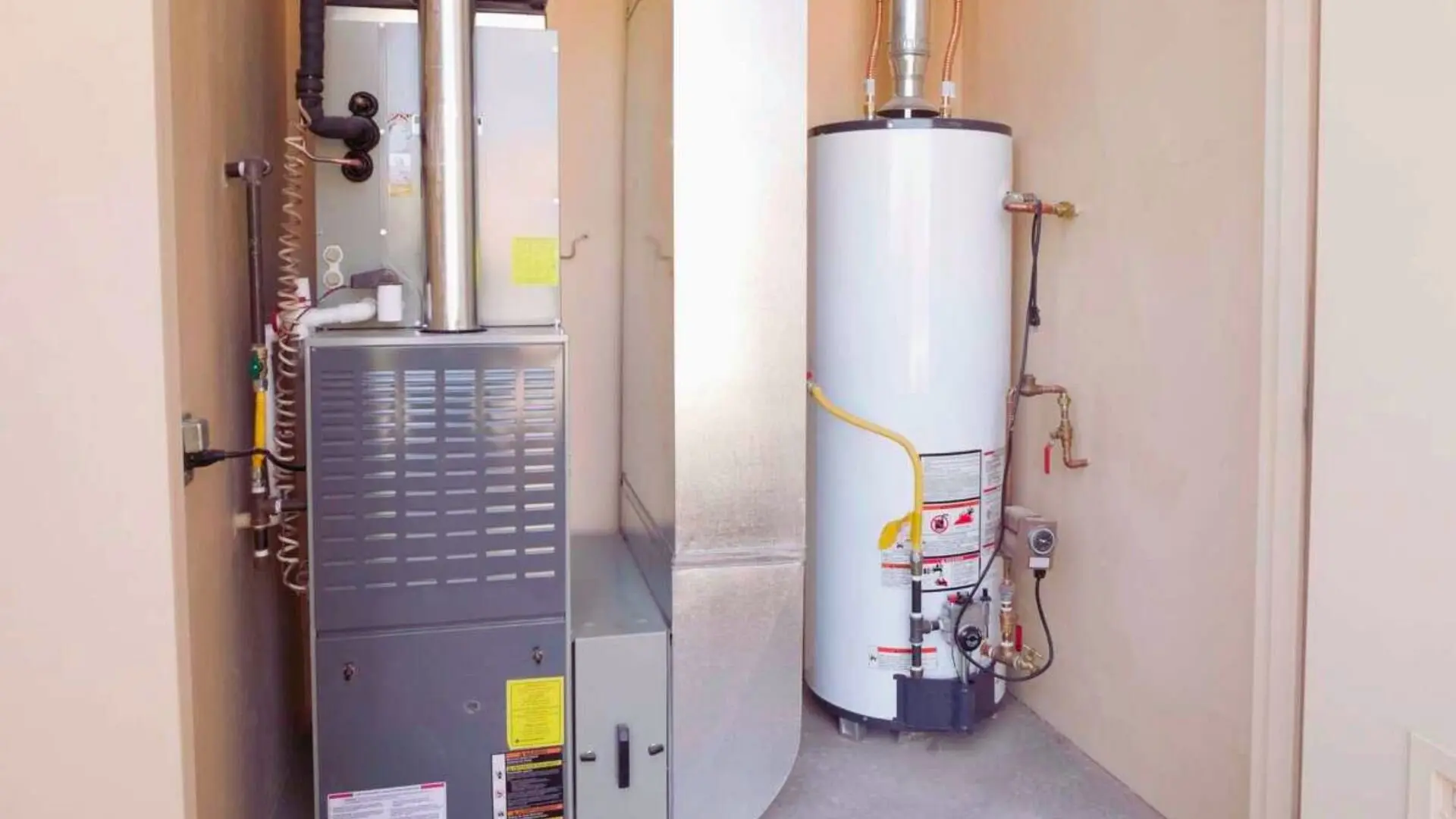
Tips for Maintaining Your Gas Hot Water System
Here are some valuable tips to help you keep your system in top shape:
Regular Inspections
Schedule periodic inspections by a licensed professional. They can identify and address potential issues before they become major problems.
Flushing the System
Over time, sediment and mineral buildup can occur inside the system, affecting efficiency. Periodic flushing of the system helps remove these deposits, ensuring optimal performance.
Check for Leaks
Regularly inspect your gas hot water system for any signs of leaks, such as water pooling around the unit or unusual odours. If you detect a gas leak, immediately turn off the gas supply and contact a professional.
Temperature Adjustment
Set your system to a safe and comfortable temperature. Excessively high temperatures can not only pose a scalding risk but also lead to increased energy consumption.
Test the Pressure Relief Valve
The pressure relief valve is a crucial safety component. Test it periodically to ensure it’s functioning correctly and releases excess pressure as needed.
Maintain Ventilation
Ensure that the venting system remains unobstructed and free from debris. Proper ventilation is essential for safely operating your gas hot water system.
Professional Maintenance
While there are maintenance tasks you can handle yourself, it’s advisable to engage a licensed professional for comprehensive annual maintenance. They have the expertise to address any potential issues and ensure your system’s safety and efficiency.
Making Your Decision
Having gone through this detailed guide on gas hot water systems, you’re now in the know about their perks, the installation ins and outs, what you’ll need, the costs, and how to maintain them. Now, it’s decision time based on what suits your needs and priorities best.
Think about your budget and what you might save in the long run. Sure, gas hot water systems might set you back a bit upfront, but they’re energy-efficient, which means you save a lot eventually. Also, don’t forget to check for any government incentives or rebates that could help ease the initial expense.
Think about your household’s hot water demands. If you value instant hot water and efficient heating, the on-demand nature of gas systems may be a perfect fit. They provide quick and consistent hot water, even during peak usage times.
Environmental considerations matter. Gas hot water systems produce fewer greenhouse gas emissions, making them an environmentally friendly choice. If sustainability is important to you, this is a significant advantage.
Reflect on space and installation options. Gas hot water systems are known for their versatility in placement. Whether you have limited space or specific placement preferences, there’s likely a gas system that suits your needs.
Safety should be a top priority. Ensure your system is installed and maintained by licensed professionals who adhere to safety regulations and standards.
Finally, reach out to Fixed Today Plumbing for expert guidance and installation. Our experienced professionals can assess your requirements, provide tailored recommendations, and ensure a seamless transition to a gas-hot water system.














